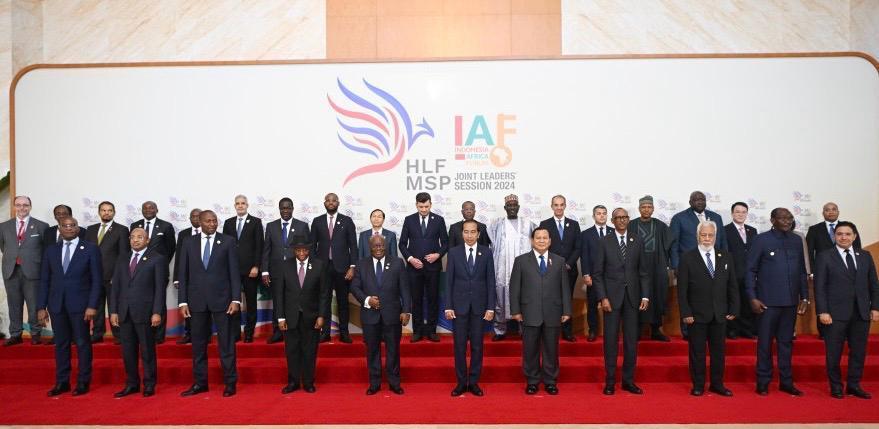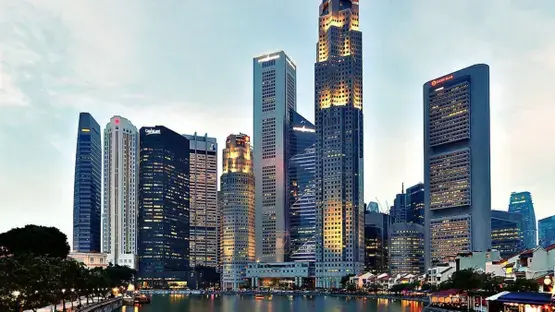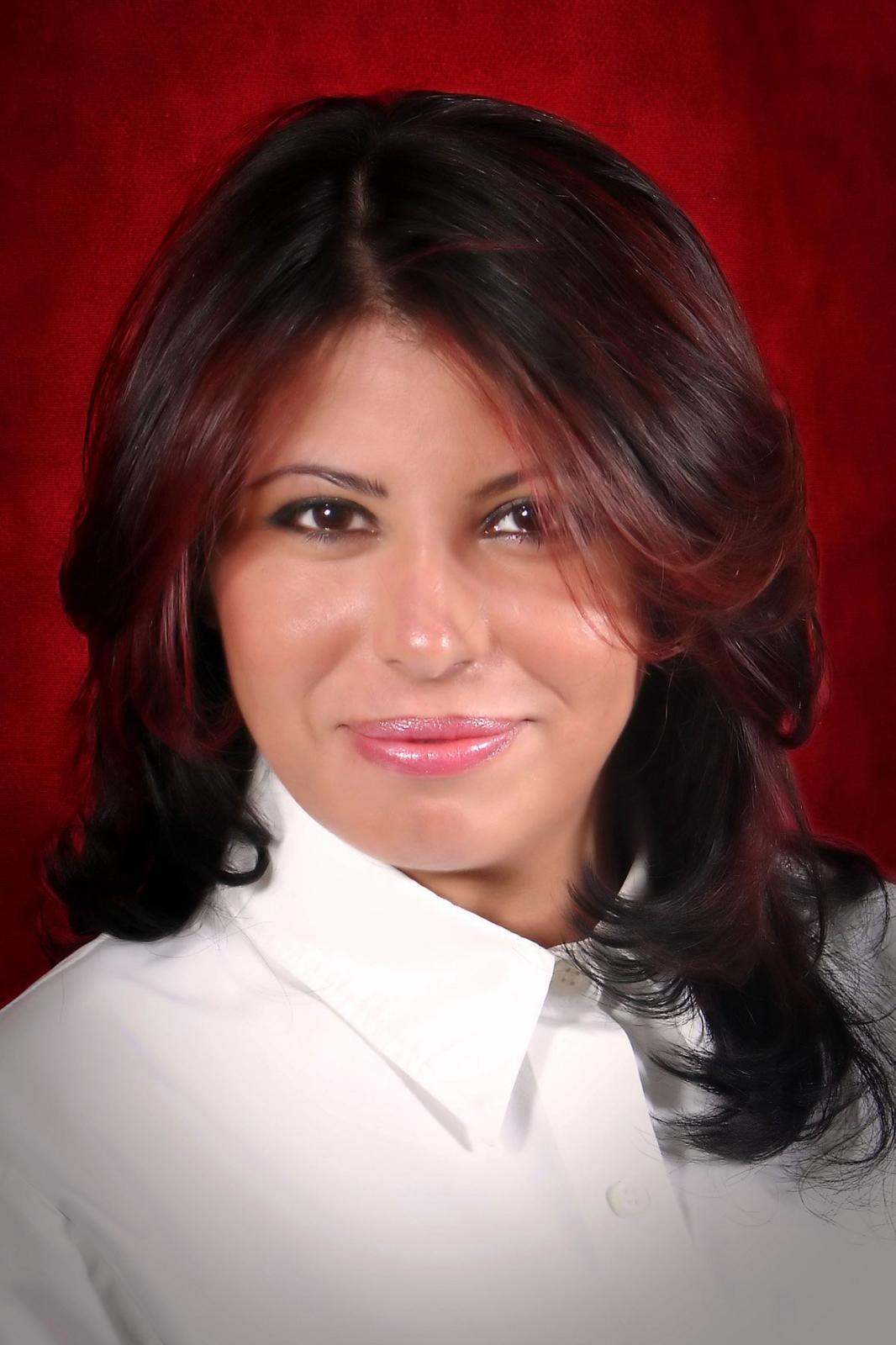By:peter wahba
Peter Wahba
Dr. Amr Talaat, Minister of Communications and Information Technology, stressed the vital role played by Egypt in achieving Asian-African technological convergence, which depends primarily on a strong, diverse and secure international infrastructure; explaining that Egypt has achieved this connection over the past decades through submarine cable systems that connect Asia and Africa to the world; pointing to the importance of encouraging investments and deploying more submarine cables that connect Southeast Asia and Africa to the world to reach the required levels of technological convergence, which has become one of the distinctive features of partnership between countries in the digital age, as digital communication has become an indispensable necessity.
This came in Egypt's speech, which was recently delivered by Dr. Amr Talaat on behalf of President Abdel Fattah El-Sisi, President of the Arab Republic of Egypt, in the leaders and heads of delegations session within the activities of the second "Indonesia-Africa" Forum (IAF), hosted by the city of Bali in Indonesia, in the presence of Joko Widodo, President of the Republic of Indonesia, and with the participation of more than 800 participants from heads of state, governments, officials from the government and private sectors, and an elite of the academic community from various countries of the African continent and Indonesia, in addition to international and regional organizations. The forum's activities continued for 3 days with the aim of enhancing economic cooperation and partnerships between the Republic of Indonesia and Africa, following the success of the first forum held in 2018. Dr. Amr Talaat explained that Egypt's digital strategy is being implemented according to a citizen-centered approach that aims to meet the growing demand of citizens for digital government services and provide them quickly and proactively; Pointing out that it is a comprehensive strategy that includes many axes that aim to provide access to digital infrastructure, eliminate digital illiteracy, build digital capabilities, support digital innovation, and accelerate digital transformation in all government sectors; noting that the New Administrative Capital was chosen as the Arab Digital Capital for 2021 by the League of Arab States, and Egypt's ranking in the World Bank's Digital Government Readiness Index rose, as Egypt came among the group of leading countries in digital government with a classification (A) in 2022, up from a classification (C) in 2018.
Dr. Amr Talaat referred to the efforts of the Egyptian state in implementing the "Decent Life" project, which aims to develop infrastructure and basic services in the most needy villages; explaining that fiber optic cables are being extended to nearly 10 million buildings and homes in these villages, and partnerships are being established between the public and private sectors to extend the fiber optic network in all governorates of the republic.
Dr. Amr Talaat explained that the number of youth benefiting from digital capacity building programs has increased more than 100 times over the past six years, as youth in Egypt represent the driving force behind building a digital Egypt, and digital skills in Egypt represent an attractive element for foreign investments in the communications and information technology sector, as Egypt is one of the most prominent destinations on the African continent that attracts global outsourcing companies to transfer their technical operations to it; stressing the state's interest in establishing partnerships with countries from all over the world, including Indonesia, to transform into a sustainable digital society. The Minister of Communications pointed out that over the past years, the Egyptian and Indonesian peoples have been linked by an enduring friendship that has flourished in the fields of culture, education and global politics, and Al-Azhar Foundation includes many prominent Indonesian scholars who have made various scientific contributions; adding that after about 70 years from the Bandung Conference, Indonesia remains a beacon of solidarity, peace and tolerance; Pointing out that in light of the economic challenges, geopolitical tensions, and climate crisis that the world is witnessing, the Ten Principles of Coexistence embodied in the Bandung Spirit in the historic declaration between newly independent developing countries, in order to build prosperous and peaceful economies for their people, cannot be overlooked. Dr. Amr Talaat stated that the current era is characterized by interdependence, technological links, and challenges that transcend geographical borders; noting that the 2nd Indonesia-Africa Forum is a great opportunity to explore new ways to discuss current national and continental priorities. The Africa Agenda 2063 and the recently adopted African Digital Compact also reflect the common aspirations that unite Africa and Indonesia; expressing his aspiration for more cooperation in light of the deep economic, cultural, and political ties between Indonesia and African countries.













































































